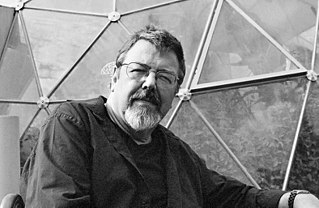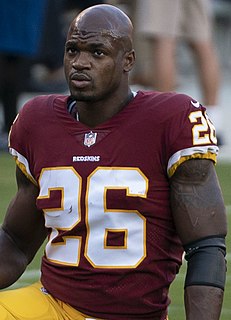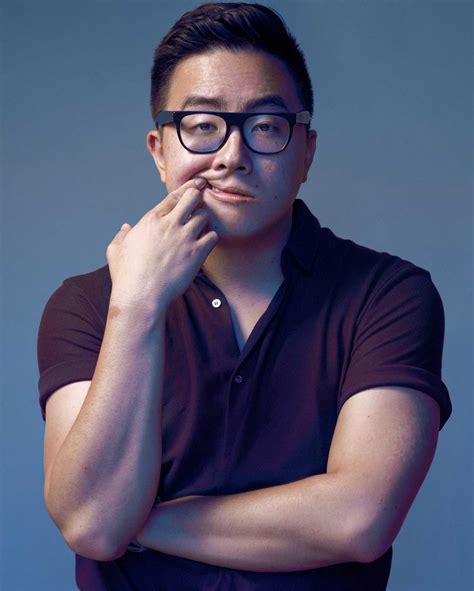A Quote by Evan Osnos
Walking, it turns out, is a sublime way to get to know people in China. They're used to meeting strangers on the road. Many here understand what it feels like to walk a long way.
Related Quotes
Every day I get a choice. I can choose to go God's way or I can choose to go my own way or Satan's way or if I walk out of this door I don't know that I blame myself if my choice. .. because the bottom line is I want what I want what I want. ... People ask me what the greatest sin is. I feel the greatest sin is to want to be God: Pride, I want my own way. What it means to be a follower of Jesus Christ - give as much of yourself as you understand to as much of Jesus as you understand at that moment.
Modern literary theory sees a similarity between walking and writing that I find persuasive: words inscribe a text in the same way that a walk inscribes space. In The practicse of Everyday Life, Michel de Certeau writes, 'The act of walking is a process of appropriation of the topographical system on the part of the pedestrian; it is a special acting-out of the place...and it implies relations among differentiated positions.' I think this is a fancy way of saying that writing is one way of making the world our own, and that walking is another.
Many critics speak about coming-of-age love, about initiation, about young libido, and so forth. I've never seen it only this way. We continue to examine things ever so minutely, we interpret obsessively. We may be less bold at 40 than we were at 17, but we're familiar with the road map; we know the bumps in the road; we recognize the sudden turns, the one-way streets, and the dead ends. And we are hurt just the same as when we were teenagers.
Performing onstage is all about reacting in a grand way. You're playing an arena of seventeen or eighteen thousand people and it's your job to make sure the person at the back feels as cool as the person all the way in the front. Being on stage is a bit of a façade. You get to walk out there and be the coolest version of yourself that you could possibly have imagined and then you come off stage and you're just like everyone else.

































